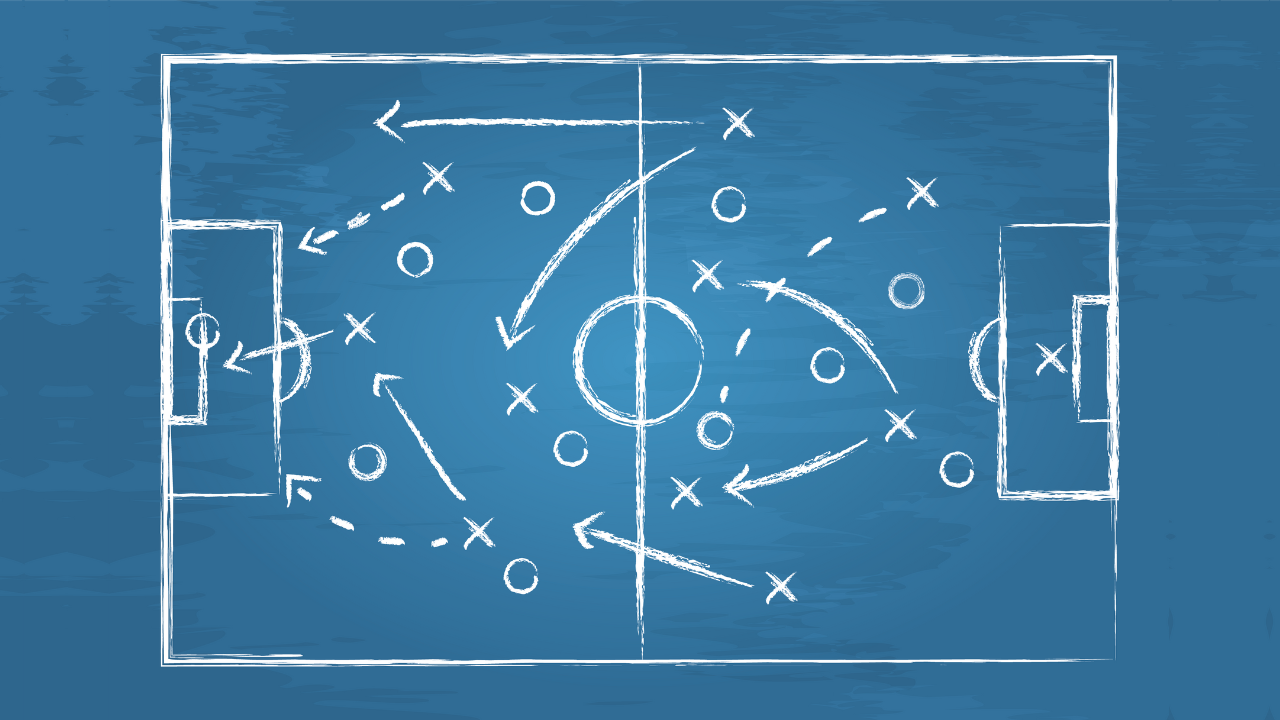Need Some Strategies for Math That's Falling Apart?

Is math going terribly at home, but you have no idea how to fix it?
This can happen for a variety of reasons (poor curriculum, poor teaching, craziness of life preventing consistent daily math lessons, gaps in math education, lack of effort by student, poor learning techniques, etc.). While I can’t address each specific situation, here are several things that can help with any math situation that is going down in flames.
Before I begin however, I need you to keep one thing in mind: At this point, you are stuck, and need to get unstuck and just make some sort of forward progress. Don’t worry right now about “how are we going to finish the curriculum this year, etc.” First, just try getting unstuck and then worry about other things after you are making some forward progress.
Ok, now for putting out the flames…
- Modify. Unless you are using another teacher in a co-op setting, you can modify the lessons. This is homeschool after all! You can even heavily modify if needed. One suggestion is to have the student learn the lesson one day but not do the assignment. Then do a quick reteaching of the lesson the next day and work the assignment. Maybe work the assignment twice (the exact same assignment) until the student can work all the problems on the assignment. Maybe take 4 days to complete one lesson. Use a calculator all the time. Use a multiplication chart. It doesn’t matter. The point is, you need to start making a little bit of progress and having some positive experiences with math, so modify until that starts happening.
- Engage. This one is tough because most of us homeschool parents are stretched pretty thin, and math is most likely an emotionally charged subject for both parent and student at this point. But, if you have not been able to sit and work through math lessons with your child, see if you can make time to watch (or learn) the math lesson along with your student so you can help. Don’t discount your ability to do high school math. Trust me – you can learn what they are learning (much easier than your child actually). It might even help if you tell your child you need to back up to the beginning of the chapter and work through the lessons with him to get you up to speed (this serves as a double help because no doubt your child needs the extra review). Combine this with modifying as well, and you could see great benefits.
- Co-op Purgatory? Are you stuck in a co-op setting that is not working out? First, engage with the instructor and see if he or she can modify things for your student. As an instructor, I usually handle this by letting students go at a slower pace than the rest of the class (the parent helps me pace this). Since my students get all their instruction through my teaching videos (rather than live once-a-week), it’s easy for them to go on their own pace. So, we slow it down and try to find a sweet spot for that particular student. If this is not an option, you might want to consider pulling your student out of the co-op. If you are going down in math flames, you might as well jump ship before the crash. You can either grab some sort of simple math workbook to work on for the remaining of the year to keep the skills up (which gives everyone a “math break”) and just restart the same class the next school year, or you can begin the same course after Christmas break with something designed for the struggling student (such as Denison Algebra courses). A student could begin the course in January and finish around September (with some breaks along the way).
The bottom line is that there are a number of options to salvage math, even if it’s a mess part way through the year. Employ one of these simple strategies and don’t lose hope! It’s not too late to turn it around.
Happy Teaching,
David
P.S. If you'd like some help planning your student's high school math, You can download our free guide here.

